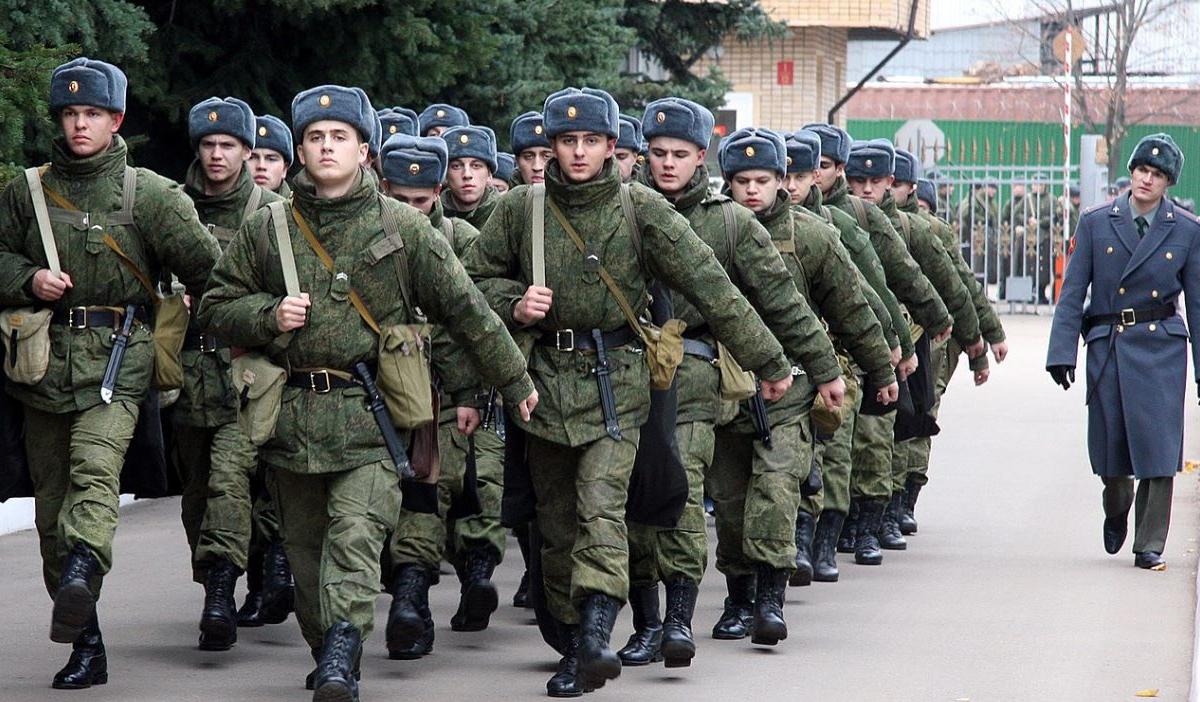
Over the past two weeks, Poland and the Baltic states have all closed their borders to most Russians seeking to cross the border, especially those traveling on tourist visas. The ban on Russian travelers (so far) does not restrict Russians entering Poland the Baltics from other Schengen Area countries. As of last Saturday, however, Finland is also moving toward a ban on Russian travelers and is going further in that it is seeking to restrict even Russians who have visas from elsewhere in Europe.
The ban in Poland and the Baltic states was perhaps predictable in that those EU member states have long hinted at closing the border to travelers on the justification that too many Russians allegedly support the Russian state’s invasion of eastern Ukraine.
The issue of border closures is especially sensitive now that there are reports that “thousands” of young men are fleeing Russia to avoid conscription. Reports suggest that many are fleeing to Turkey, but many others have tried escaping to the EU, some via the far northern border that connects to Norway. The wave of wartime emigration appears to have accelerated in recent weeks as the Russian state announced a “partial mobilization” leading to calls for more extensive use of conscription in Russia.
[Related: “Ukraine’s Regime Is Now Kidnapping Fathers for Military ‘Service’” by Ryan McMaken]
As a result, French diplomat Gérard Araud sought to encourage the Russian emigres seeking to avoid the military draft, tweeting last week that “Helping the men who want to flee from being mobilised would be a humanitarian and military [sic] good decision.”
For their part, however, at least some Baltic politicians are having none of it and appear to be pursuing what might be described as a punitive border policy. Latvia’s foreign affairs minister, for example, is seeking to bar potential Russian immigrants because they did not oppose Moscow early enough to satisfy Baltic politicians. Meanwhile, Estonian Prime Minister Kaja Kallas insisted that all Russians are personally responsible for the war in Ukraine. Not surprisingly then, representatives of the Baltic states were quick to declare that Russian conscientious objectors are not to be granted asylum status.
The situation helps to highlight two important issues related to conscription. The first is that granting asylum to people fleeing conscription is the humanitarian thing to do. The second is that it’s a good thing conscripts at least have the option of fleeing across borders to escape the military draft. This is just one of the many benefits of global political decentralization. Even very large and powerful states ultimately face limits on their power at the frontiers.
Conscription Is a Violation of Human Rights —i.e., Property Rights
Araud is right when he says it would be a good thing to help those “who want to flee from being mobilised.” “Mobilised,” is just a euphemism here, however. Forced military service is nothing less than kidnapping and temporary enslavement. For those who die as a result, of course, conscription amounts to a death sentence. Moreover, the act of fleeing conscription has a long tradition. This is why states often also attach draconian punishments to the act of “desertion” or failing to show up for forced military service.
Thus, many human beings have long sought ways to escape this fate, and we can find a multitude of examples.
For example, Russia itself—under Catherine the Great—offered asylum from the military draft when the regime invited Europeans to settle in Russia. It was mostly Germans who responded, and who became what are now known as Volga Germans.
[Read More: “America Has Long Been a Haven for Draft Dodgers from Foreign Lands” by Ryan McMaken]
Many families fleeing military service also emigrated to the Americas, and many millions of Americans are descended from so-called “draft dodgers” fleeing regimes in German states, the Ottoman Empire, Austria-Hungary, and Eastern Europe.
Americans themselves have a long and glorious history of draft avoidance. During the American Civil War, for example, many Americans fled abroad. As one historian puts it: “[m]en possessed of robust health suddenly discovered some terrible ailment and had to seek treatment in a different climate. Canada at once became a Mecca for such invalids.”
[Read More: “The Heroic Draft Dodgers of the American Civil War,” by Ryan McMaken]
Those who opposed the draft in this period also did not shy away from using violence to do so. Both men and women were known to physically attack draft agents, seize the agents’ lists of names, and destroy them.
In all this, of course, those avoiding forced military service were morally justified in doing so. These acts are simply acts of self-defense.
Thus, when foreign polities offer refuge to these men, they perform a humanitarian act. For the most part, however, states have often been reluctant to define the avoidance of military service as a qualification for asylum. The reasoning for this should be obvious: most states want the continued option of impose their own military draft, so to define foreign conscription in general as a human rights violation would suggest that conscription is morally illegitimate. Clearly, most state regimes don’t want to admit this. Those fleeing conscription nonetheless fit the common definition of refugee which is a displaced person unwilling to return to the country of origin due to a “fear of persecution.”
Nationalist sentiment can be a factor here as well. It is likely that at least one reason politicians from the Baltic states and Poland are reluctant to accept Russians fleeing conscription is that many voters in these countries simply don’t like Russians and don’t want them there. It’s an understandable sentiment given the historical context, but it doesn’t change the fact that, in principle, those fleeing forced military service are indeed refugees.
The Benefits of Global Decentralization
We are fortunate to live in a world where no single state has managed to impose a one-world government. Were that the case, those fleeing government coercion would have no options for escape. A two-state world wouldn’t be much better either, as is shown in the fact that the EU overall is already moving in the direction of barring Russian emigres.
Fortunately, however, the world has hundreds of independent polities. Indeed, Rinkēvičs summed up the situation when he justified Latvia’s closure to Russians on the grounds that “There are … plenty of countries outside [the] EU to go.” He’s right, and fortunately, there are many places in the world beyond the reach of the EU. These places are often harder for Russians to reach, but at least these countries exist independent of the whims of the regimes in both Russia and the EU.
Unfortunately, though, emigration is generally a costly solution. Fleeing one’s home nation with uncertain prospects for a legal return imposes a high cost, indeed. This is always made worse when one is a resident of a very large state where relocation separating from friends and family by hundreds, if not thousands, of miles. Potential Russian emigres also face additional costs if they only speak Russian. Only three countries outside Russia have Russian as an official language. The Russian state has managed to gain a near-monopoly over the Russophone world.
As imperfect as it is, however, the option of exit is an important limit on the power of states to violate natural rights through conscription, and for many refugees it may indeed be a viable option.






